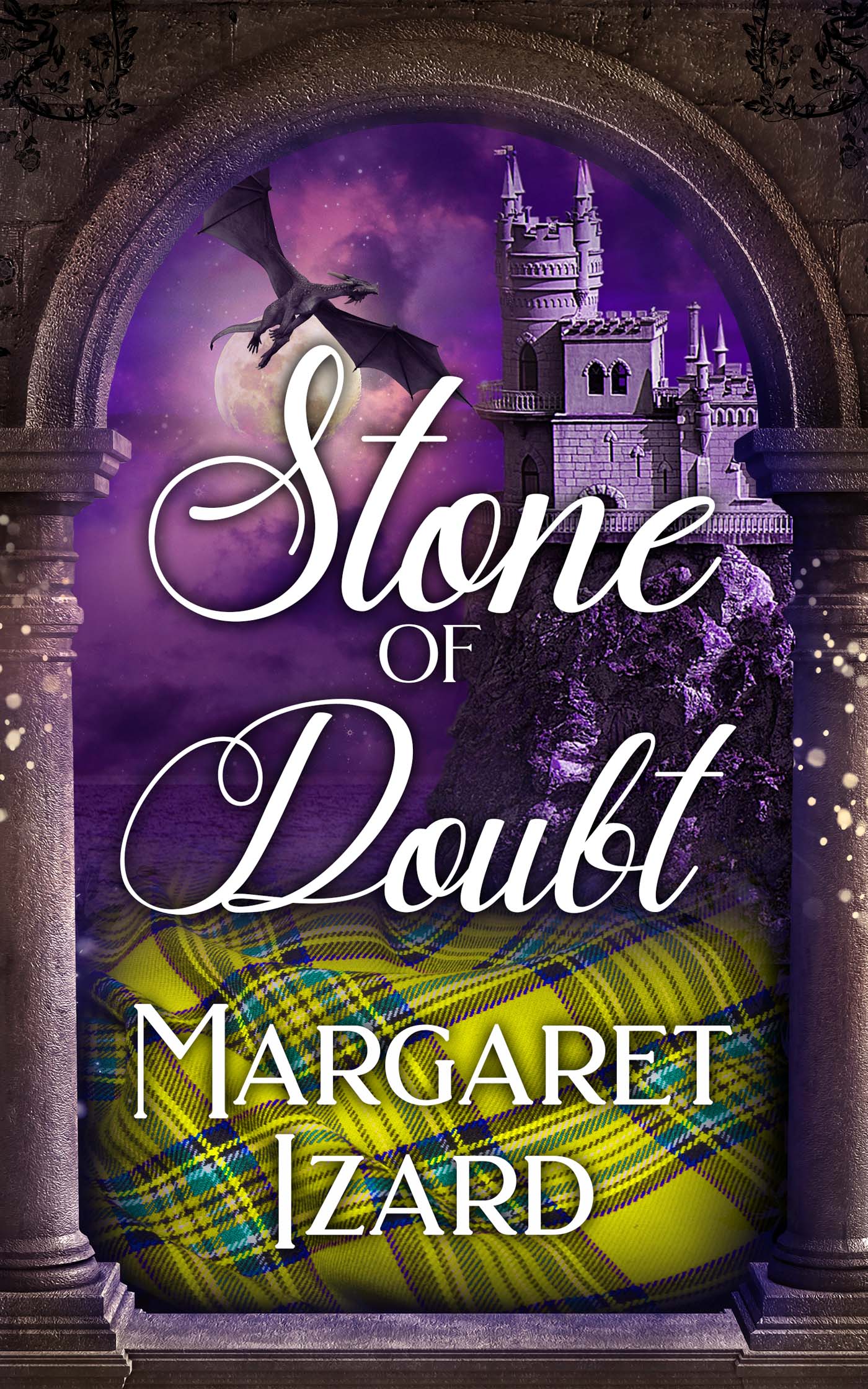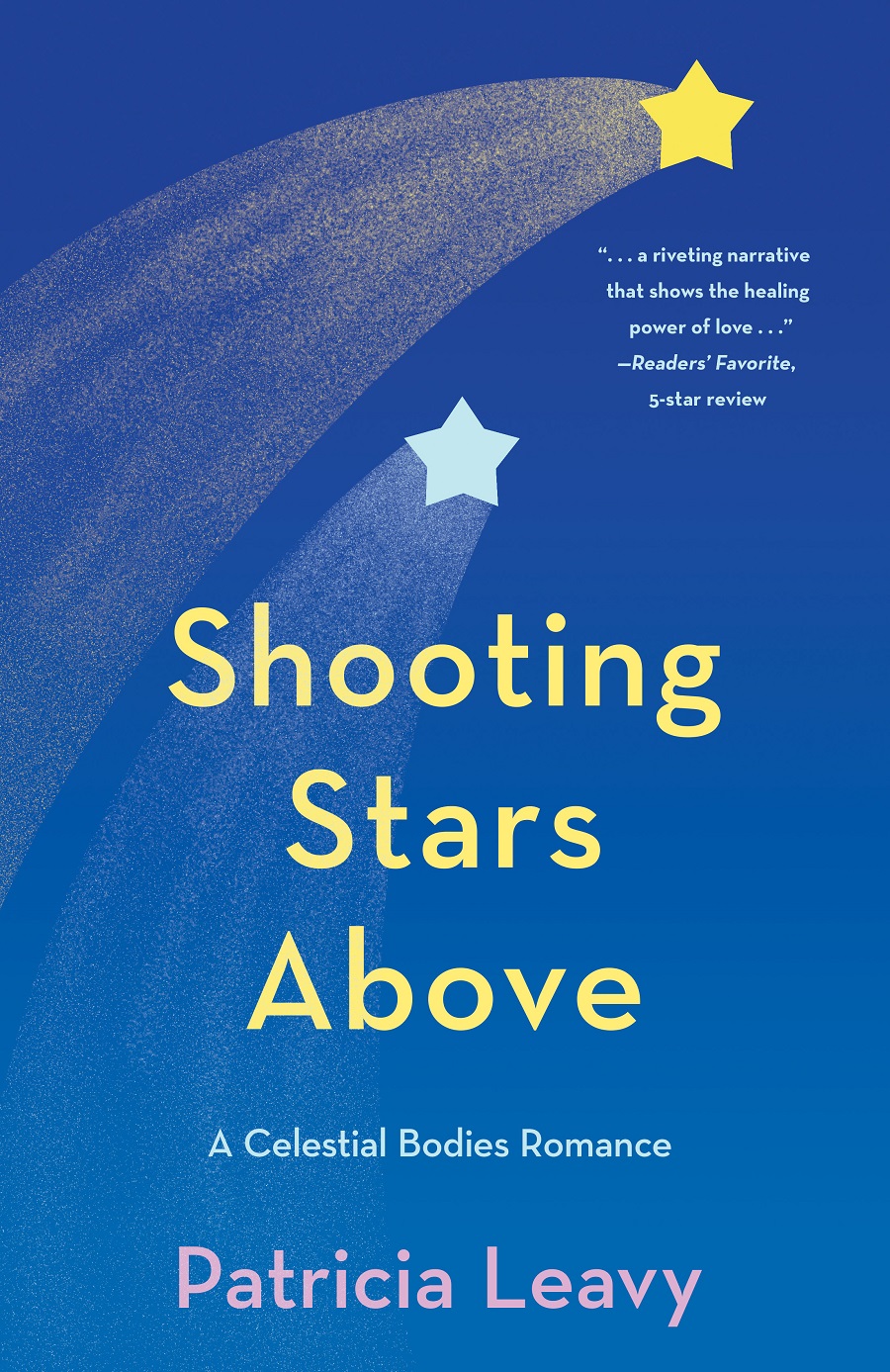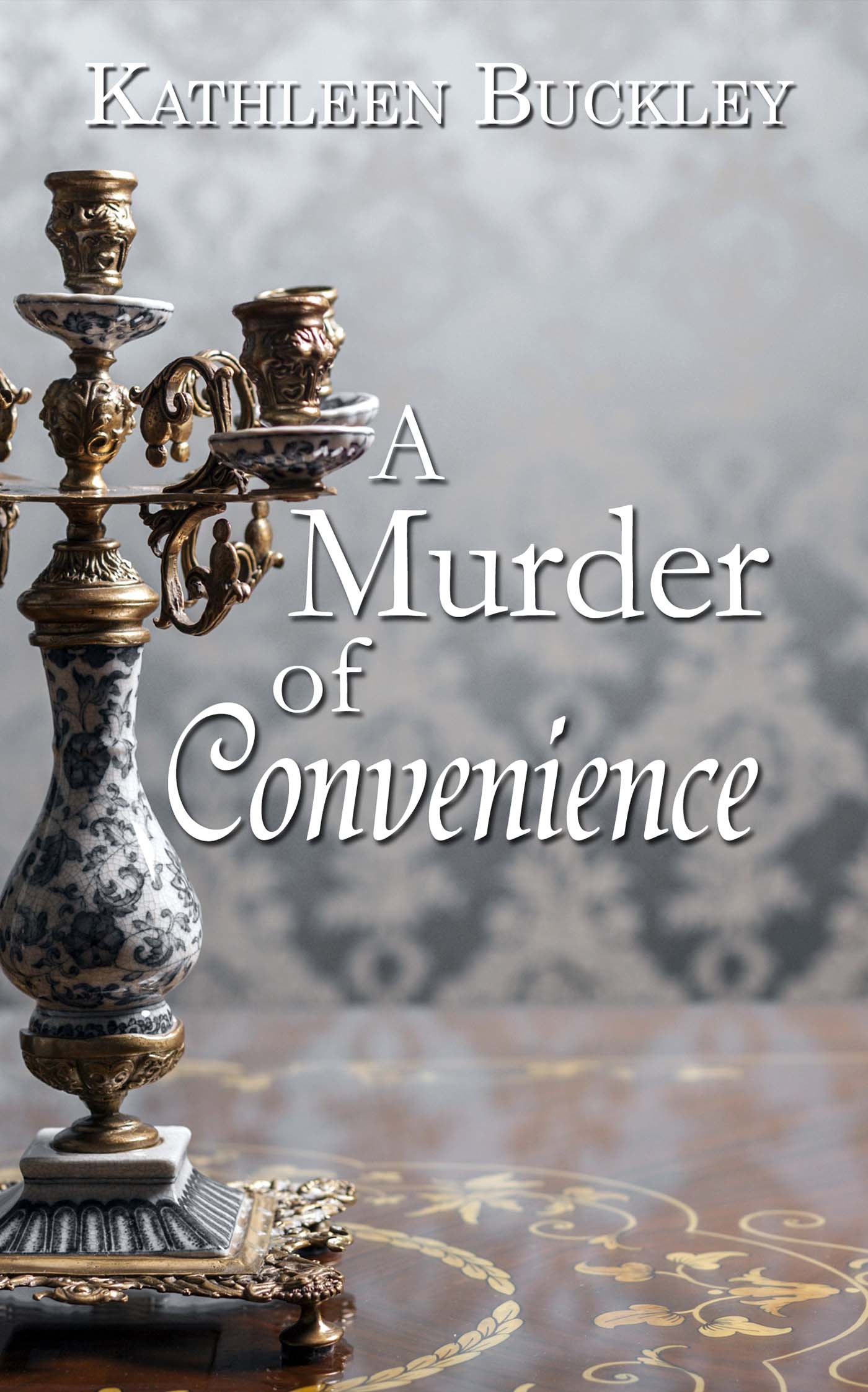This post is part of a virtual book tour organized by Goddess Fish Promotions. Frank Zafiro will be awarding Winner #1 a box set of River City series 1-3 (Kindle version) AND Winner #2 a surprise package of out-of-print versions of Zafiro titles (paperbacks) – US Only. International readers may substitute digital version of any title in the author’s back catalog to two randomly drawn winners via rafflecopter during the tour. Click on the tour banner to see the other stops on the tour.
Lessons Katie MacLeod Taught Me
Katie MacLeod is the core character in my River City series of police procedurals. I’ve learned a few things from her that I’d like to share, but fair warning—I can’t completely avoid spoilers. If that’s something you want to be careful about, stop here. Bookmark this post, get the first River City novel, Under a Raging Moon, and come back when you’re finished with the newest one, The Worst Kind of Truth (#11).
Still here? Let’s go, then.
Life Doesn’t Always Go The Way You Plan
When I wrote Under a Raging Moon in 1995, I envisioned a four-book arc featuring Stefan Kopriva. Kopriva was a brash, young patrol officer who could handle anything thrown his way, whether it came from criminals or his own bosses. Looking back, I can see now that he was my unintentional avatar, an idealized version of who I thought I wanted to be.
Kopriva as hero was the plan I started with, but by the time Under a Raging Moon was published in 2006, things had changed. There were still four books and Kopriva was still the hero. But Katie MacLeod had become a strong secondary character. I didn’t plan that. Originally, her storyline was shared by two separate women. But I realized neither one was fully developed and so I combined them into one. Quite honestly, that might have been the smartest thing—albeit, unplanned—I ever did with this series.
When the second book rolled around, Katie’s role expanded beyond plans. Her first “big” event happened as a counterpoint to Kopriva’s. I thought they’d both overcome their challenges. But that didn’t happen. Katie prevailed; Kopriva failed.
And left the department.
I didn’t plan that.
I also didn’t plan that the books would continue beyond four, or that Katie would become the core of the series. But you know what? Those unplanned outcomes has been a good thing.
It’s Okay To Be Vulnerable
From the beginning, Katie has been willing to admit her own fears and doubts, at least to herself. Unlike the brash Kopriva, she recognized when she was afraid or when she was unsure of herself. When I first wrote those aspects of her character, I was twenty-seven years old. Now I’m fifty-four. I don’t remember but I have no doubt that back then, I saw those traits as okay to write into a female character precisely because they were feminine.
Only they aren’t.
They’re human.
It didn’t take long for me to recognize this. Maybe I wasn’t quite as willing as Katie to admit it, or as open about it with others, but I still learned from her that it was okay to feel those fears and doubts. They don’t make you weak.
They make you human.
Courage Is Doing It Anyway
One of Katie’s traits I’ve often heralded in interviews about River City is her grit. She’s tough, I’d say. But her courage doesn’t come from not being afraid. Her courage—which I would argue is true courage—comes from being afraid and doing what must be done anyway.
Katie does this, time and again. She doesn’t overcome her fears so much as she strides forward in spite of them. And she gets results. Isn’t that something we can all aspire to?
Sometimes You Have To Change Things Up… Because Things Change
This is akin to the first point about plans, except that it is more of a conscious decision and/or recognition. When the River City series begins in 1994, Katie is a three-year officer on graveyard patrol who loves her job. Her aspirations are simple—catch bad guys every night. She idolizes, and is mentored by, the veteran Thomas Chisolm. If you were to ask her during those first few books, Katie would tell you that she had every intent to be a career patrol officer, working “graveyard to graveyard”—in other words, staying on graveyard shift until retirement.
But police work has a grinding nature to it. As time passes, Katie realizes that she needs a change. First she goes to day shift, where one of her former platoon mates is now a sergeant. Then she promotes to detective, all in an effort to do what is best for her psyche.
Along the way, Chisolm retires. This, and other changes, help her recognize that not only is she making changes, things are changing all by themselves. By the time we get to The Worst Kind of Truth, the world she inhabits is a very different place. To punctuate this, a new recruit named Hattie Mayer idolizes Katie in much the same way she admired Chisolm.
And all of this is okay. That things are different today doesn’t change how good (or bad) it used to be. Things change. That’s just life.
People Matter
Katie MacLeod is an idealist. She is also a realist and, at times, borders on cynicism. But one constant throughout her career (fourteen years in-universe for her, twenty-seven for me in real time) has been that she cares for people. This includes the cops at her side and the people she serves in her job. Understanding that people matter is a fundamental aspect to being good at policing, and it is a baseline belief that drives every interaction and decision you make. Katie gets that. She is always there for her partners, and she does her absolute best to serve the civilians she meets.
Okay, truth time—I already knew this one. I saw it on display around me every day while I was on the job, and I believed in it myself, too. I strove to live up the standard every moment I wore the uniform. I wasn’t perfect (who is?) but I can say without reservation that I did my best, and I cared.
So it’s possible that I taught this one to Katie instead of the other way around.
Maybe. But she is still teaching me how true it is.
Detective Katie MacLeod has her hands full.
It has been four years since her promotion to detective, and after paying her dues in property crimes investigations, she has made it to the Major Crimes unit. This is where the highest profile cases land—homicides, robberies, serious assaults, and sexual assaults.
Katie catches two rape cases almost back-to-back. One victim is a prostitute with an unknown suspect… who Katie fears may be gearing up for more assaults. The other victim is a college student who has accused her boyfriend, a popular baseball player, of raping her at a party.
Both cases have their own set of perils. Katie juggles her time investigating each one, encountering many obstacles—a lack of evidence in one, and wondering how to parse conflicting statements in the other.
As she battles past these difficulties, Katie faces another fact… that both cases hit home with her in very different ways. Solving them becomes more than just a job for her, but something deep-seated and personal… something that may exorcise some of her own demons from the past.
Or will they consume her?
Enjoy an Excerpt
“Thanks,” Nicole said.
Katie looked at her. “This wasn’t your fault, Nicole. I wish I could change that it happened to you but I can’t. But I am going to do my best to catch the man that did this to you.”
“You’ll catch him,” Nicole said.
“I’ll do my best,” Katie repeated. She knew better than to make promises to victims, no matter how tempting it was.
“You’ll catch him,” Nicole repeated. “I know it. You’ve done it before.”
Katie cocked her head. “What do you mean?”
Nicole looked at her intensely. “I know who you are. I recognized your name as soon as you came in.”
That didn’t surprise Katie. She’d been involved in a number of high-profile incidents during her career. The media coverage wasn’t always favorable, either. But Nicole’s stare didn’t have the anger or blame that came with that sort of attitude. Instead, it resonated with belief.
“This happened to my mom,” Nicole said. She looked away to pluck more tissues and wipe her eyes. “A long time ago. I was fifteen at the time.”
Katie did some quick math. That meant her mother was assaulted in 1996 or 1997. And ninety-six was the year of—
“What’s your mother’s name?” Katie asked. Her heart-rate quickened as she waited for the response. Her mind flashed back to that case, back when she was a patrol officer. She ran through the names of the victims of that man, all of them indelibly imprinted upon her memory… and then she knew what Nicole would say.
“Maureen Hite,” said Nicole, just as Katie expected. “She was attacked by him. The Rainy Day Rapist.”
“I remember,” Katie said, quietly. Images of her and Thomas Chisolm searching a parking lot on the north side flashed through her mind. Of her finding Maureen Hite huddled near the front wheel well of a Chevy Blazer. She could still see the stark blue and white stripes of the quarter-panel and the door beside the woman. Maureen’s baffled expression, lost and fearful. “How is she now?”
Nicole shook her head. “She died six years ago. Pills.”
“I’m… I’m sorry.”
“She never really got over it,” Nicole said.
Katie nodded. “I don’t think it’s something you get over. It’s not a cold. You just learn to live with it.”
“Yeah, well, she didn’t really learn how. Or only for a while.”
“I’m sorry, Nicole.”
“Don’t be. It wasn’t your fault. You caught him. You caught him and you killed him.” Nicole’s jaw was set and her eyes burned brightly. “I know you’ll do the same for me.”
Katie Macleod stared back at her, unable to answer.
About the Author:
Frank Zafiro writes gritty crime fiction from both sides of the badge. He was a police officer from 1993 to 2013, holding many different positions and ranks. He retired as a captain.
Frank is the award-winning author of over three dozen novels, most of them crime fiction. These include his River City series of police procedurals, Stefan Kopriva mysteries (PI), SpoCompton series (hardboiled), Jack McCrae mysteries (PI), and Sandy Banks thrillers. He has also co-authored multiple series with other authors, including the Charlie-316 series (procedurals with Colin Conway), Bricks and Cam Jobs (action, dark comedy with Eric Beetner), and the Ania series (hardboiled with Jim Wilsky).
In addition to writing, Frank hosted the crime fiction podcast Wrong Place, Write Crime. He has written a textbook on police report writing and taught police leadership all over the US and Canada. He is an avid hockey fan and a tortured guitarist. He currently lives in the high desert of Redmond, Oregon.




















Thanks for hosting!
Thanks for the prompt that made me think about this topic — and for hosting me here today!
I love the cover and title, this sounds really good.